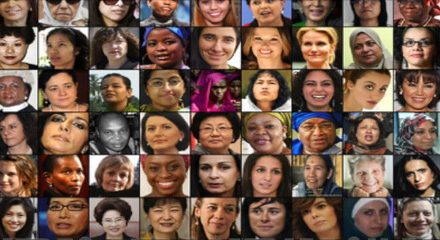“We were facing a real constitutional coup d’état and the Spanish Government didn’t know, couldn’t or didn’t want to react”
Teresa Freixes, professor of Constitutional Law at the Autonomous University of Barcelona, founder and president of the Concordia Civic platform and full academician of the Royal European Academy of Doctors-Barcelona 1914 (RAED), presented on April 5 her latest book , “155. Los días que estremecieron a Cataluña” (155. The days that shook Catalonia), where she describes the path that led to the application in Catalonia of article 155 of the Spanish Constitution, the intervention of its government institutions, the dissolution of the Catalan parliament and the convening and holding of new elections. All this, paradoxically, in a period of approximately 155 days. The presentation was attended by the Spanish former minister and former president of the European Parliament Josep Borrell and the journalist Almudena Negro, who acted as moderator.
“After giving it a thousand laps I thought I had to do it, basically for two reasons, one for Catalonia to have an analysis that was not day-to-day, which is becoming so tiresome for us. The second, so that outside Catalonia, in the rest of Spain, they could know better, even from the point of view of who has written the book, the battle being waged in Catalonia to defend democracy and the rule of law”, said Freixes explaining how the work was created.
Addressing various aspects of this period and renouncing the story line, the book addresses the events that took place between the “plenary sessions of shame,” as defined by the author, when the Catalan Chamber trying to build a legal corpus in breach of the Spanish and Catalan legality, and the constitutive session of the new chamber that left the polls on December 21.
Freixes denounces page after page what he considers “an imposition on the part of the minority headed by the separatist parties that responds to a prefabricated and perfectly orchestrated strategy”. “Secessionism wants to impose a totalitarian political model, we were facing a real constitutional coup d’état and the Spanish government didn’t know, couldn’t or didn’t want to react”, the academician concluded.



